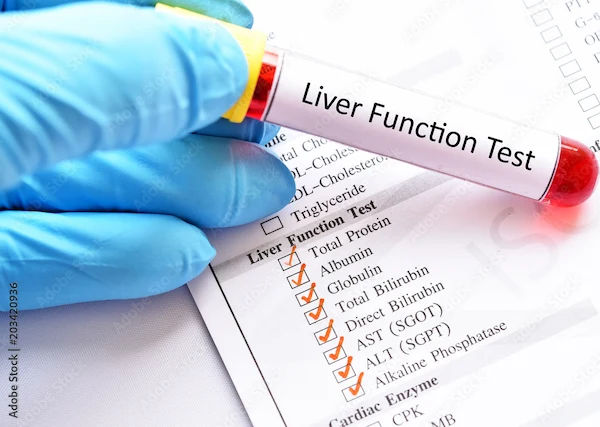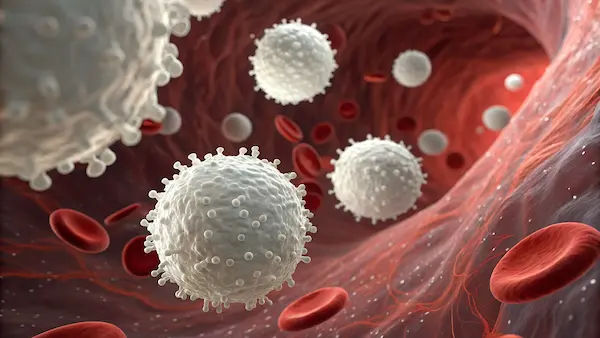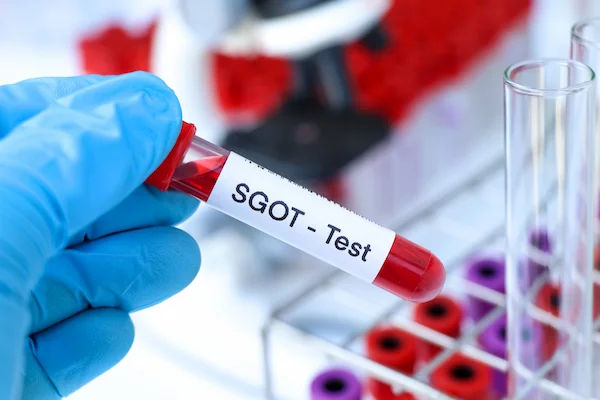How to Reduce White Spots?
Learn how to reduce white spots on the skin naturally and medically. Discover causes, symptoms, treatment options, and when to see a doctor.

Written by Dr. Sonia Bhatt
Last updated on 13th Jan, 2026

Introduction
White spots on the skin can be concerning, but they are often harmless and treatable. These spots can appear due to various reasons, including fungal infections, vitamin deficiencies, or skin conditions like vitiligo. If you're worried about white patches on your skin, here's a simple guide to understanding and managing them.
What Causes White Spots?
White spots can develop due to several factors, including:
1. Fungal Infections (Tinea Versicolor) – A common fungal infection that leads to small, scaly white or light patches, usually on the chest, back, or arms.
2. Vitiligo – An autoimmune condition where the skin loses pigment, leading to smooth, white patches.
3. Eczema (Atopic Dermatitis) – Can sometimes cause lighter patches after inflammation.
4. Sun Damage (Idiopathic Guttate Hypomelanosis) – Small white spots due to prolonged sun exposure.
5. Nutritional Deficiencies – Lack of vitamins like B12, calcium, or vitamin D can affect skin pigmentation.
Symptoms to Watch For
White spots can vary depending on their cause. Keep an eye out for these common symptoms:
Patches – Small or large white spots that may spread over time.
Itching or Scaling – Common in fungal infections.
Smooth or Rough Texture – Depending on the cause.
Sun Sensitivity – Some white patches may burn easily.
Consult Top Doctors for Your Symptoms
How to Reduce White Spots?
Managing white spots involves a combination of skincare, healthy habits, and, in some cases, medical treatment. Here are effective ways to reduce them:
1. Treat Fungal Infections
If the white spots are due to a fungal infection (like tinea versicolor), antifungal creams, shampoos, or oral medications can help. Keeping the skin dry and avoiding excessive sweating can prevent recurrence.
2. Moisturise Regularly
Dry skin can worsen white patches. Use a gentle, fragrance-free moisturiser to keep your skin hydrated.
3. Sun Protection
White spots, especially those caused by vitiligo or sun damage, are more sensitive to UV rays. Always apply sunscreen (SPF 30 or higher) to prevent further pigmentation loss.
4. Healthy Diet & Supplements
A nutrient-rich diet can support skin health and may reduce white spots. Focus on:
Vitamins B12 & D – Deficiency can lead to pigmentation issues. Include eggs, dairy, fish, and fortified cereals.
Zinc & Copper – Found in nuts, seeds, and leafy greens, these minerals support skin health.
5. Medical Treatments
For persistent or severe cases, a dermatologist may recommend:
Topical Steroids – Prescribed for vitiligo or eczema to reduce inflammation.
Phototherapy (Light Therapy) – Helps repigment skin in vitiligo patients.
Skin Grafting – In severe cases of vitiligo, small skin grafts may be an option.
6. Home Remedies (For Mild Cases)
Some natural remedies may help in mild cases:
Aloe Vera Gel – Soothes and may help with pigmentation.
Coconut Oil – Has antifungal properties and keeps skin moisturised.
Turmeric & Mustard Oil Paste – Traditionally believed to help with repigmentation; use cautiously and patch test first.
When to See a Doctor?
While many white spots are harmless, some may require professional attention. Consider consulting a dermatologist if you notice:
Rapidly spreading white spots
Itching, pain, or inflammation in the affected area
Hair loss within or around the white patches
No improvement despite home treatments
Final Thoughts
White spots on the skin can be managed with proper care, diet, and medical treatment if needed. Identifying the underlying cause is crucial for choosing the right treatment.
If you are unsure about the cause or need expert advice, consider booking a consultation with a dermatologist through Apollo 24|7. Professional care can help you regain your skin’s natural health and confidence.
Consult Top Dermatologists
Consult Top Dermatologists

Dr. Kaushiki Hajra
Dermatologist
5 Years • MBBS, MD Dermatology, Venerology & Leprosy
Kolkata
MCR SUPER SPECIALITY POLY CLINIC & PATHOLOGY, Kolkata

Dr. Kaushiki Hajra
Dermatologist
5 Years • MBBS,MD(D V & L)
Kolkata
VDC Clinic, Kolkata
(75+ Patients)

Dr. Sonal Jain
Dermatologist
9 Years • MBBS, MD Dermatology, Venerology & Leprosy
Kolkata
MCR SUPER SPECIALITY POLY CLINIC & PATHOLOGY, Kolkata
(25+ Patients)
Dr. Kavitha Killaparthy
Dermatologist
23 Years • MBBS,DIPLOMA(DERMATOLOGY,VENEREOLOGY,LEPROSY)
Hyderabad
JDS Skin & Hair Clinic, Hyderabad
Dr.j Girishma
Dermatologist
6 Years • MBBS MD DERMATOLOGY
Bengaluru
Apollo Medical Center, Marathahalli, Bengaluru
Consult Top Doctors for Your Symptoms

Dr. Kaushiki Hajra
Dermatologist
5 Years • MBBS, MD Dermatology, Venerology & Leprosy
Kolkata
MCR SUPER SPECIALITY POLY CLINIC & PATHOLOGY, Kolkata

Dr. Kaushiki Hajra
Dermatologist
5 Years • MBBS,MD(D V & L)
Kolkata
VDC Clinic, Kolkata
(75+ Patients)

Dr. Sonal Jain
Dermatologist
9 Years • MBBS, MD Dermatology, Venerology & Leprosy
Kolkata
MCR SUPER SPECIALITY POLY CLINIC & PATHOLOGY, Kolkata
(25+ Patients)
Dr. Kavitha Killaparthy
Dermatologist
23 Years • MBBS,DIPLOMA(DERMATOLOGY,VENEREOLOGY,LEPROSY)
Hyderabad
JDS Skin & Hair Clinic, Hyderabad
Dr.j Girishma
Dermatologist
6 Years • MBBS MD DERMATOLOGY
Bengaluru
Apollo Medical Center, Marathahalli, Bengaluru



.webp)